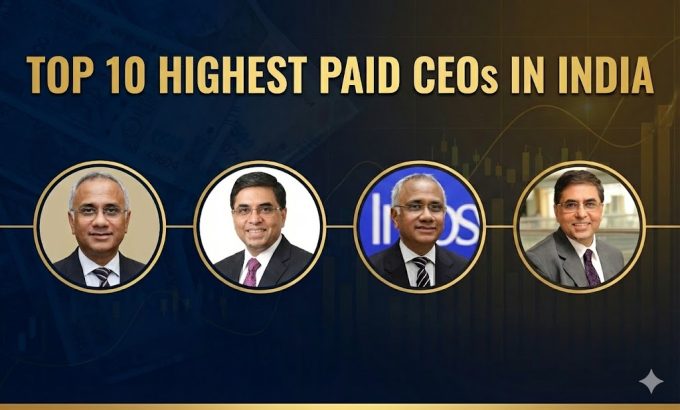In a significant move ahead of its highly anticipated initial public offering (IPO), Zepto, the quick commerce unicorn, has established a new entity, Zepto Marketplace Private Limited. This step is part of the company’s larger restructuring plans, which include a potential shift in its business model. According to sources familiar with the development, the new entity could enable Zepto to pivot from its current B2B2C (business-to-business-to-consumer) structure to a more flexible and scalable marketplace model. This transition is expected to be in line with the strategies employed by its competitors, such as Zomato-owned Blinkit and Swiggy Instamart, both of which have embraced a marketplace approach in their operations.
Zepto was founded in 2021 by Aadit Palicha and Kaivalya Vohra, and it quickly gained attention in the quick commerce space due to its ability to deliver groceries and other essentials within minutes. Currently operating under a B2B2C model, Zepto’s parent company, Kiranakart Technologies, directly procures goods from brands and sells them exclusively to a select group of licensee companies. These include players such as Geddit Convenience, Drogheria Sellers, and Commodum Groceries, which use Zepto’s platform and brand to reach customers.
Revenue for Zepto is generated by charging these licensees a fee for utilizing its platform and branding. The company has carved out a niche by focusing on the rapid delivery of essential items, a trend that has become increasingly popular in the e-commerce industry. However, with the new restructuring and the formation of Zepto Marketplace Private Limited, Zepto appears to be positioning itself for the next phase of its growth.
The move to create a separate marketplace entity comes at a time when the quick commerce sector is witnessing fierce competition. Companies like Blinkit and Swiggy Instamart have adopted the marketplace model, allowing third-party sellers to list their products on the platform, offering a wider range of goods and potentially enhancing customer choice. For Zepto, transitioning to this model could not only diversify its offerings but also increase the scale of its operations and revenue potential. By operating a marketplace, Zepto could open up its platform to more sellers, thus enhancing its product assortment without having to directly source all goods.
The creation of Zepto Marketplace Private Limited may also be a response to the changing dynamics in the quick commerce industry. As the sector continues to mature, the need for more flexible business models that can cater to diverse consumer needs and adapt to evolving market conditions has become critical. By setting up a marketplace model, Zepto would be able to tap into a wider array of products, expand its network of sellers, and reach a larger consumer base. This would also provide the company with greater scalability, which is essential for competing with other giants in the industry.
The company’s decision to form a new entity is also in line with its preparations for its IPO. Investors often look for scalability and flexibility when evaluating companies in the e-commerce and quick commerce sectors. By shifting to a marketplace model, Zepto may be positioning itself as a more attractive option for investors, as it would be able to tap into multiple revenue streams from third-party sellers in addition to its traditional B2B2C model.
In conclusion, the formation of Zepto Marketplace Private Limited marks an important milestone in Zepto’s growth journey. With this strategic move, Zepto is setting itself up for the next phase of its evolution, potentially enabling it to compete more effectively with rivals in the quick commerce space. The shift to a marketplace model, combined with the company’s upcoming IPO, could be pivotal in shaping its future success in the highly competitive e-commerce industry.










1 Comment